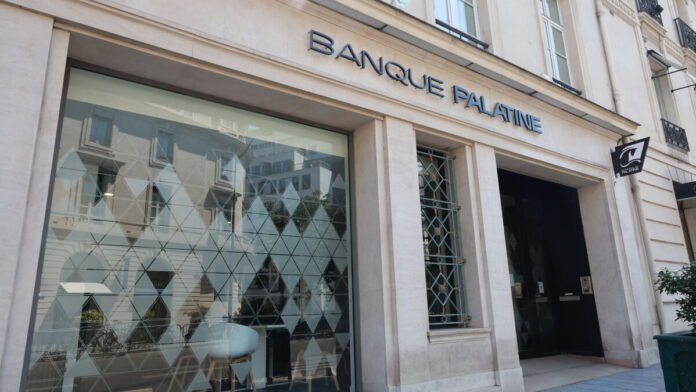Paul (name has been changed), a postman living in a small town in the Loiret, realized by chance that he was… the owner of a house in L’Haÿ-les-Roses (Val-de-Marne). A property bought by a small network of crooks in May 2016 thanks to a loan of 260,000 euros, obtained from the Banque Palatine on the basis of fraudulent documents, including identity cards stolen from Paul.
“Since then, my client has found himself the owner, despite the fact that he has a property that he cannot sell on, since the origin of his property is illegal. There are tenants in this pavilion that he does not know. It is completely grotesque,” laments Me Magalie Castelli-Maurice.
Owner, Paul is therefore really only in the eyes of the tax authorities, who ask him to pay the property tax every year. “Every year we get a reduction in this tax, until the criminal case. But it gets a little more difficult every year because the tax authorities are getting impatient,” says the lawyer.
The trial for the Paris Criminal Court will be held from November 27 to December 13. In total, no less than nine people will be tried there, as part of this huge mortgage fraud.
The establishment detects irregularities in property records
According to our information, this network is suspected of having entered into no less than 96 mortgages with Banque Palatine between 2014 and 2017 at a loss of 18 million euros. Mediated by two account managers at the bank with little consideration and a crooked notary who then approved the fraudulent sale.
The affair began in 2017 when Banque Palatine was alerted by complaints from five clients – including Virginie Rosselot, who confided in Le Parisien – to whom the payment of installments on property loans that they had never entered into was demanded. *
The bank will then carry out a written expertise which substantiates the complaints. He discovers that a hundred property records show irregularities and immediately files a complaint. A judicial investigation for fraud in an organized gang and serious money laundering is opened by the specialized interregional jurisdiction (Jirs) in Paris.
Impersonate identities thanks to lost or stolen official documents
At the head of this network of haddocks, Patrick Z., nicknamed “Patoche”. This 67-year-old man admitted to masterminding the scam, the result of advice from a former fellow inmate. To initiate his credit applications, Patoche did not hesitate to usurp identities, thanks to lost or stolen official documents. Despite the sometimes dramatic consequences for the victims, some of whom were devastated.
Patoche also exposed imaginary candidates for mortgage loans, recruiting drug addicts who agreed to play the role of nominees in return for a commission of 15,000 to 30,000 euros.
Credit applications were processed on the basis of forged documents (false payslips, false proof of residence, false tax notices, etc.) by the two Banque Palatine account managers suspected of being in league with the crooks. The latter, who were dismissed after the discovery of the facts, swear that they did not have the means to check the authenticity of the substantiated documents. They will both be prosecuted for “organized fraud”.
A notary from Orne sanctioned
The fake property sales were previously approved by a notary based in Orne, who must also be held responsible for complicity in fraud in an organized gang and serious money laundering. The investigation by the Astute Crime Prevention Brigade (BRDA) found that certain sales agreements were purely fanciful, sometimes relating to non-existent land.
The funds, which were often greater than the purchase price – based on estimates for renovation work – were transferred to this notary’s account, which then transferred the additional funds either to the buyer or to third-party companies, whose manager will be prosecuted for serious money laundering. The goods were then resold or rented out for the benefit of the network.
The notary’s lawyer could not immediately be contacted. “In 2017, the inspection of this notary’s study revealed irregularities”, indicates Catherine Decaen, the president of the interdepartmental chamber of notaries at the Court of Appeal of Caen (Calvados). “My predecessor immediately alerted the public prosecutor to the facts. »
Two other inspections were carried out and a trustee notary was appointed in 2018. Finally, in August 2020, the Argentine court (Orne) issued a temporary ban on the practice for five years and appointed a provisional administrator. And Catherine Decaen emphasizes: “The profession always does what it takes to ensure that a defaulting notary is at least sanctioned. »
